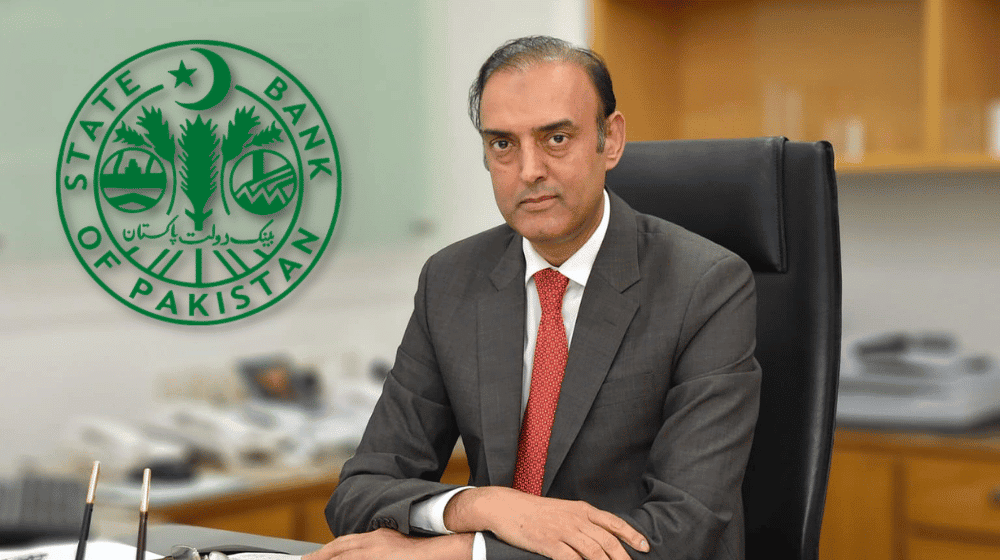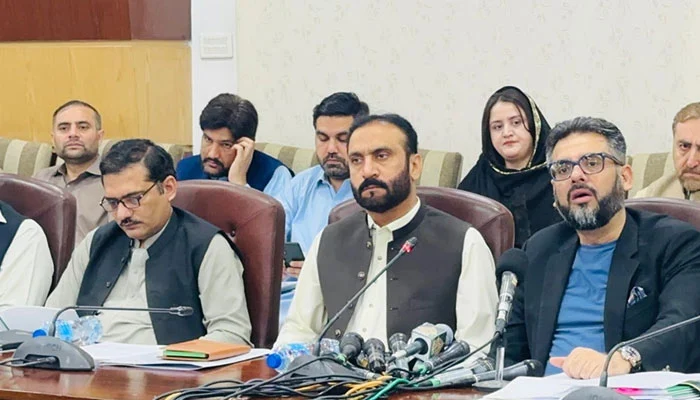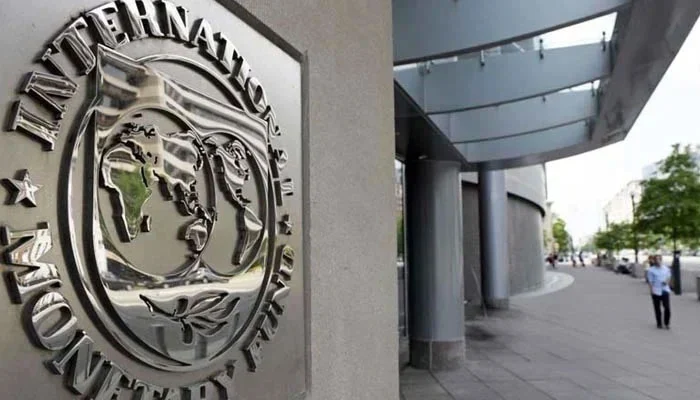The Government of Pakistan has decided that all electricity, telephone, and gas bills will now include QR codes to facilitate seamless digital payments. The initiative was approved during a high-level meeting chaired by Prime Minister Shehbaz Sharif and attended by key representatives from relevant ministries and departments.
The decision aims to broaden the adoption of digital financial services across the country, paving the way for greater financial inclusion and transparency.
To further promote the country’s shift towards digitalization, Prime Minister Shehbaz Sharif is expected to launch the Digital Payment Index Pakistan next month. The State Bank of Pakistan (SBP) and Karandaaz Pakistan have been tasked with finalizing preparations for the launch.
The Digital Payment Index will serve as a benchmark to measure the performance and impact of digital payment systems nationwide.
A specialized task force has been established under the leadership of the Secretary of Petroleum and Natural Resources, with members including:
- Secretary of Power
- Secretary of Information Technology & Telecommunication (IT&T)
- Chairman of the Capital Development Authority (CDA)
This team has been given a one-month deadline to formulate a comprehensive implementation mechanism for QR code integration across utilities.
In a significant regulatory shift, QR code payments, Point of Sale (PoS) terminals, and soft PoS systems will become mandatory at all petrol stations, including those located in AJ&K, Gilgit-Baltistan, and along motorways. This will become a licensing condition, enforced by the Secretary of Petroleum and the Chairman of OGRA (Oil and Gas Regulatory Authority).
The move aims to ensure uniform adoption of digital payment infrastructure across the fuel retail sector.
The Chairman CDA, in consultation with the Law and Justice Division, has been tasked with reviewing the legal framework to mandate the use of digital payment instruments, including QR codes, PoS, and soft PoS. The outcome will serve as a model for adoption by provincial governments.
The State Bank of Pakistan has been assigned ambitious new targets, as proposed by the Sub-Committee on Digital Payments Innovation and Adoption. These include:
- 2 million active digital commerce payment points, up from 0.5 million.
- Minimum of one transaction per month per merchant.
- Increase in mobile/internet banking users to 120 million by FY26, up from 95 million.
- Doubling of digital transactions from 7.5 billion to 15 billion.
- 100% remittances to be digitally credited to bank accounts or wallets, up from the current 80%.
These targets align with SBP’s ongoing push to promote financial technology (fintech) and reduce dependency on cash-based transactions.
To encourage widespread adoption, the Finance Secretary and the Governor of SBP have revised the annual subsidy allocation ceiling to Rs 3.5 billion. This includes:
- A 0.5% incentive to banks for merchant onboarding onto the Raast payment system.
- Banks may charge up to 0.25% Merchant Discount Rate (MDR) from merchants.
- Any costs exceeding this limit will be borne by payment service providers.
This subsidy aims to make digital transactions more attractive for small and medium enterprises (SMEs) and local merchants.
To strengthen governance, the Governor of SBP has been instructed to ensure that private sector board members for Raast Payment Pakistan are experienced professionals with a strong background in digital payments.
Additionally, the appointment of the CEO of Raast must be finalized by September 2025 to expedite the program’s progress.
As part of broader efforts to promote digital infrastructure, the Secretary of Information Technology and Telecom has been directed to complete preparations for the Islamabad IT Park inauguration by the third week of August 2025.
The IT Park is expected to play a pivotal role in driving innovation and providing incubation facilities for tech startups and software development firms.
Another major decision is the elimination of Right of Way (RoW) charges for telecom and fiber infrastructure. This will initially apply to:
- Capital Development Authority (CDA)
- National Highway Authority (NHA)
- Pakistan Railways
Additionally, CDA will now require that new housing societies must not impose any RoW charges for the development or installation of IT-related infrastructure, including fiberization.
The Law and Justice Division has been asked to review the necessary legal instruments to enforce this directive, which will then be used as a model for provincial adoption.
The Government Payment Sub-Committee, in consultation with provincial governments and relevant stakeholders, will reassess the implementation timelines and adjust them accordingly. Revised plans for State-Owned Enterprises (SOEs) and P2G (Person-to-Government) payment targets will be submitted at the next meeting, with the expectation that they be reduced by at least 25%.




